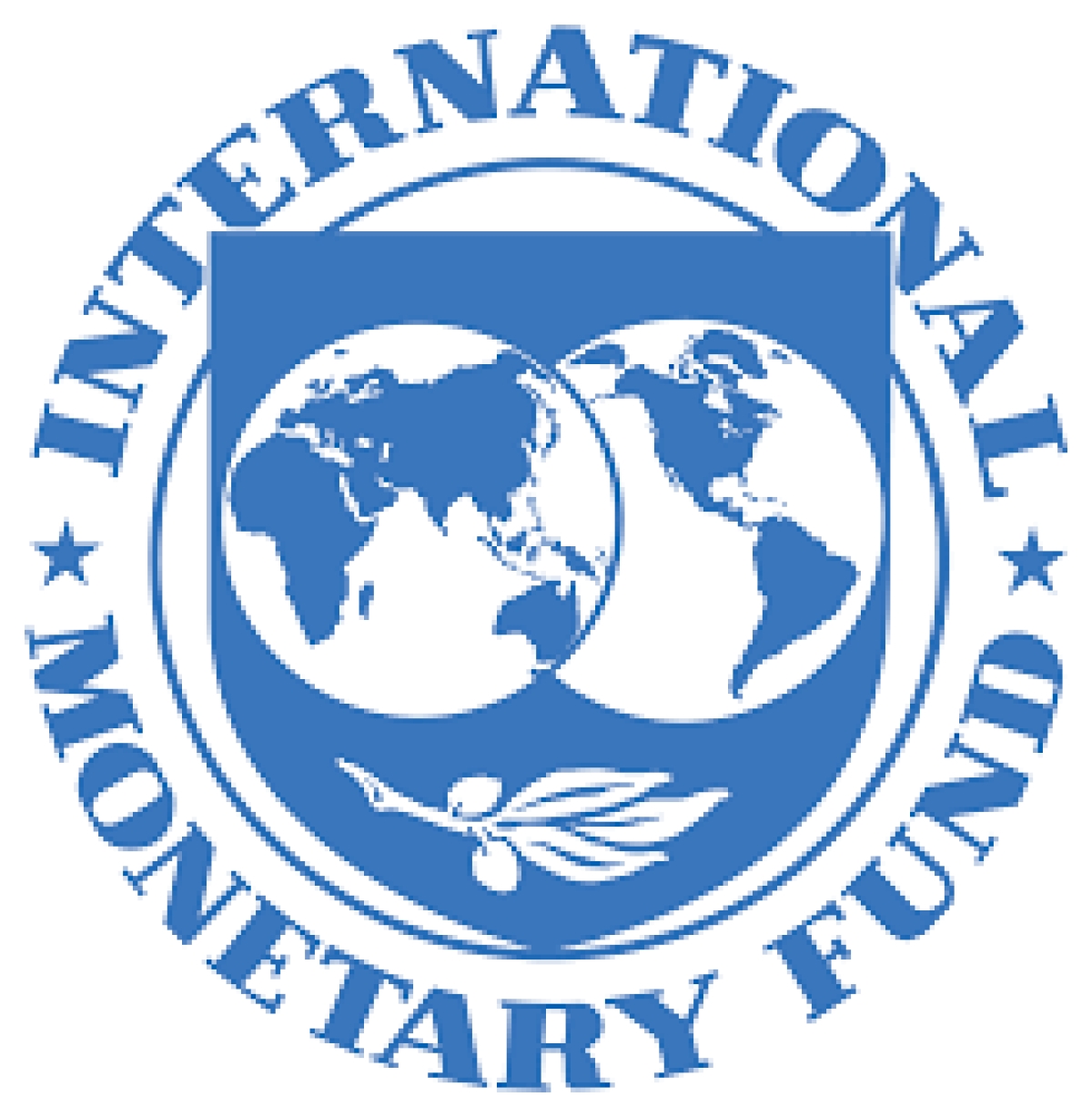Sri Lanka, emerging from an economic crisis, faces the likelihood of enduring significant taxation on businesses and individuals, as the International Monetary Fund (IMF) suggests. According to Peter Breuer, the IMF's Senior Mission Chief for Sri Lanka, the tax burden, while burdensome, is crucial for funding essential government services.
Breuer emphasized the necessity of contributions from all sectors to sustain common goods, highlighting the link between taxation and the provision of vital services. He attributed the current hardships faced by Sri Lanka to the government's financial constraints and underscored the importance of a robust income source to avert future crises.
Notably, Sri Lanka's revenue levels have dwindled over the years, with general revenue in 2022 amounting to only 8 percent of GDP, a stark contrast to the 20 percent recorded in the 1980s. Breuer stressed the urgency of fiscal reforms and revenue mobilization efforts to stabilize the economy, including the introduction of a property tax and enhanced revenue administration.
In its update on the second review, the IMF lauded Sri Lanka's commitment to fiscal reforms and emphasized the need for sustained progress in revenue generation and anti-corruption measures. Additionally, maintaining cost recovery in fuel and electricity pricing was identified as essential to mitigate fiscal risks associated with state-owned enterprises.










